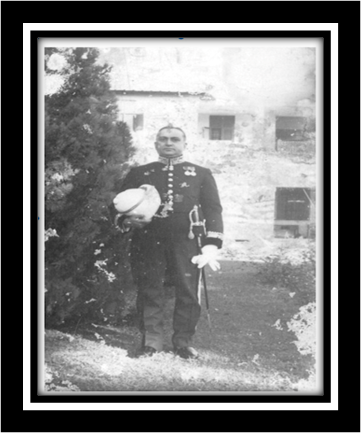Audit Diwas 2023 of DGA, ER
Why we celebrate Audit Diwas:
The Supreme Audit Institution (SAI) of India is one of the oldest institutions of India. It traces its origin to the year 1858, when a separate department with an Accountant General at the helm was established and entrusted with the responsibility of accounting and auditing of the financial transactions under the East India Company. After taking over the administration of India, the British Crown passed the Government of India Act, 1858. This Act introduced a system of an annual budget of Imperial Income and Expenditure in 1860, which laid the foundation stone of Imperial Audit. Sir Edward Drummond took charge on 16 November 1860 as the first Auditor General.
After India became independent in 1947, the Comptroller and Auditor General of India was established as a constitutional authority with the adoption of the Constitution of India in 1950. The role of the Comptroller and Auditor General of India evolved through legislations and practices in British India and in independent India after 1947. We celebrate 16 November as ‘Audit Diwas’ to mark this history.
Why Audit Diwas is Celebrated: The Supreme Audit Institution (SAI) of India holds a significant historical legacy, dating back to 1858 when a distinct department, led by an Accountant General, was established. This department was tasked with the responsibility of accounting and auditing financial transactions under the East India Company. The roots of Imperial Audit were laid in 1860 with the introduction of an annual budget of Imperial Income and Expenditure through the Government of India Act, 1858. Sir Edward Drummond assumed the role of the first Auditor General on 16 November 1860.
|
|
|
|
Shri V. Narahari Rao |
Sir Edward Drummond |



